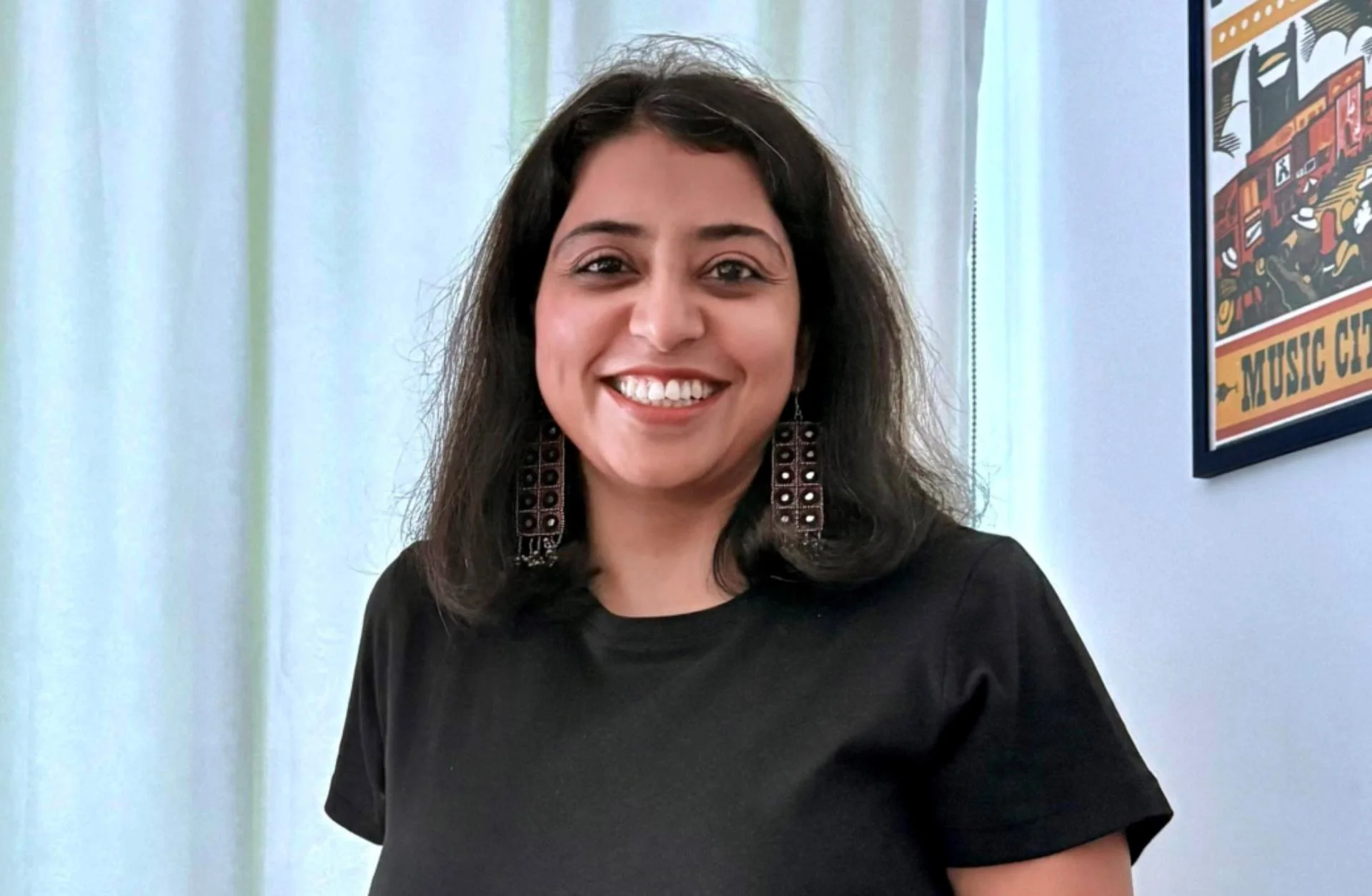Decision making in Digital Hyperchoice: a Q&A with Ravneet Dhingra Bawa
Decision making in Digital Hyperchoice
Ravneet Dhingra Bawa is a PhD candidate in the Department of Management
The decision-making experience of the modern digital consumer is one of navigating through multiple alternatives that are always on i.e. reversible decisions in high choice . . . I am curious about how diverse consumers respond to this and how to make the decision environment more amenable to individual differences.

What are you currently researching?
I study decision making in digital environments, specifically platforms that offer excessively high choice options, and “always-on” alternatives – a context I define as digital hyperchoice. Examples span multiple domains like online video streaming (Netflix, Amazon Prime, YouTube), online dating (Tinder, Bumble) or online gaming (Microsoft GamePass, Roblox) and online education platforms (Coursera, Masterclass). In such environments, decision making is difficult and unsatisfactory for consumers owing to a variety of situational impulses to keep the consideration process alive, and difficulty in orienting toward any one decision. My research investigates how millions of consumers navigate these digital environments with the goal of decision making.
Why did you choose this area of study?
I have a background in leading product and marketing for a consumer technology platform. Despite enormous evidence about how hyperchoice interferes with effective decision making, the lived experience of the modern digital consumer is one of navigating through multiple options, and highly reversible decisions, all the time! I was curious about how consumers and platform owners can be enabled with decision making insights specific to such environments. Platforms that enable decision orientation in such environments can improve the consumption experience.
How will your research have a wider impact on society? Can you give some real-world examples of the impact your research will have?
Consumers continue to demand high and flexible choice. Platforms that enable decision orientation in such environments can reduce the overwhelm and paralysis associated with decision making for consumers while still being aligned to managerial goals of sustained and loyal platform usage.
What have been the highlights of your research work so far?
Across online studies, and a field study with a video-on-demand platform in Japan, I developed and measured decision making constructs that show heterogeneity in individual motivational response to hyperchoice. Further, these decision-making mindset differences predict consumer satisfaction and platform usage metrics like recency of use, frequency of use and magnitude of use. These results replicate cross-culturally and are incremental to demographic differences in decision making based on age and gender of consumers.
What has been your biggest challenge so far?
Executing field studies is about balancing managerial expectations with research goals and that is always challenging. Additionally, whenever we introduce new constructs in a discipline, the onus is on the researchers to show that these are distinct from any prior measures of latent psychological processes (as it should be), which can be a laborious exercise.
What advice would you give to prospective students on the most effective way to approach research and keep stress levels down?
My advice is to pick up a question that is personally meaningful and discipline relevant. Often, early career researchers choose topics based on current trends that they see in conferences, which is wonderful if you are interested, inclined and trained in the foundational literature. However, you are likely to be more productive, invested and insightful if you can find an intersection of the topical area with your core interests. Research projects are for the long haul, and topics that are current now may be already crowded out or mainstream by the time you publish. Sacrificing substance for novelty is unlikely to pay off in the long run.
In a few words, what is the best thing about studying at LSE?
Hands down the diversity of backgrounds amongst faculty and research peers that leads to research idea generation sometimes even just over watercooler chat! Additionally, LSE provides strong enablement and research support through adequate funding, bespoke courses and an active seminar series that creates the right environment for pursuing your early career researcher goals.